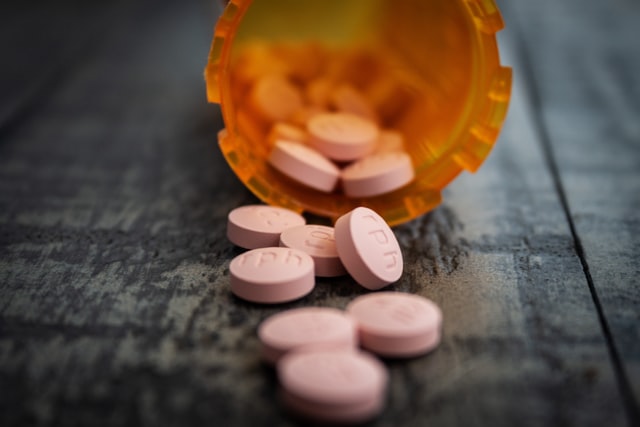
On July 24, 2020, President Donald Trump issued the following series of executive orders in an effort to lower drug prices:
- Executive Order on Lowering Prices for Patients by Eliminating Kickbacks to Middlemen: directs federally qualified health centers to pass along massive discounts on insulin and epinephrine received from drug companies to certain low-income Americans.
- Executive Order on Increasing Drug Importation to Lower Prices for American Patients: intended to allow state plans for safe importation of certain drugs, authorize the re-importation of insulin products made in the United States, and create a pathway for widespread use of personal importation waivers at authorized pharmacies in the United States.
- Executive Order on Access to Affordable Life-saving Medications: intended to prohibit secret deals between drug manufacturers and pharmacy benefit manager middlemen, ensuring patients directly benefit from available discounts at the pharmacy counter.
President Trump also announced a fourth executive order intended to ensure that the United States pays the lowest price available in economically comparable countries for Medicare Part B drugs. However, the order’s implementation is delayed until Aug. 25, 2020, to give pharmaceutical executives a chance to propose an alternative.
An executive order is a broad policy directive that is used to establish how laws will be enforced by the administration. It does not include specific guidance regarding any particular legal requirement or provision, and does not change any existing regulations. As a result, the specific impact of these executive orders is largely unclear until the administration can begin implementing these changes.




